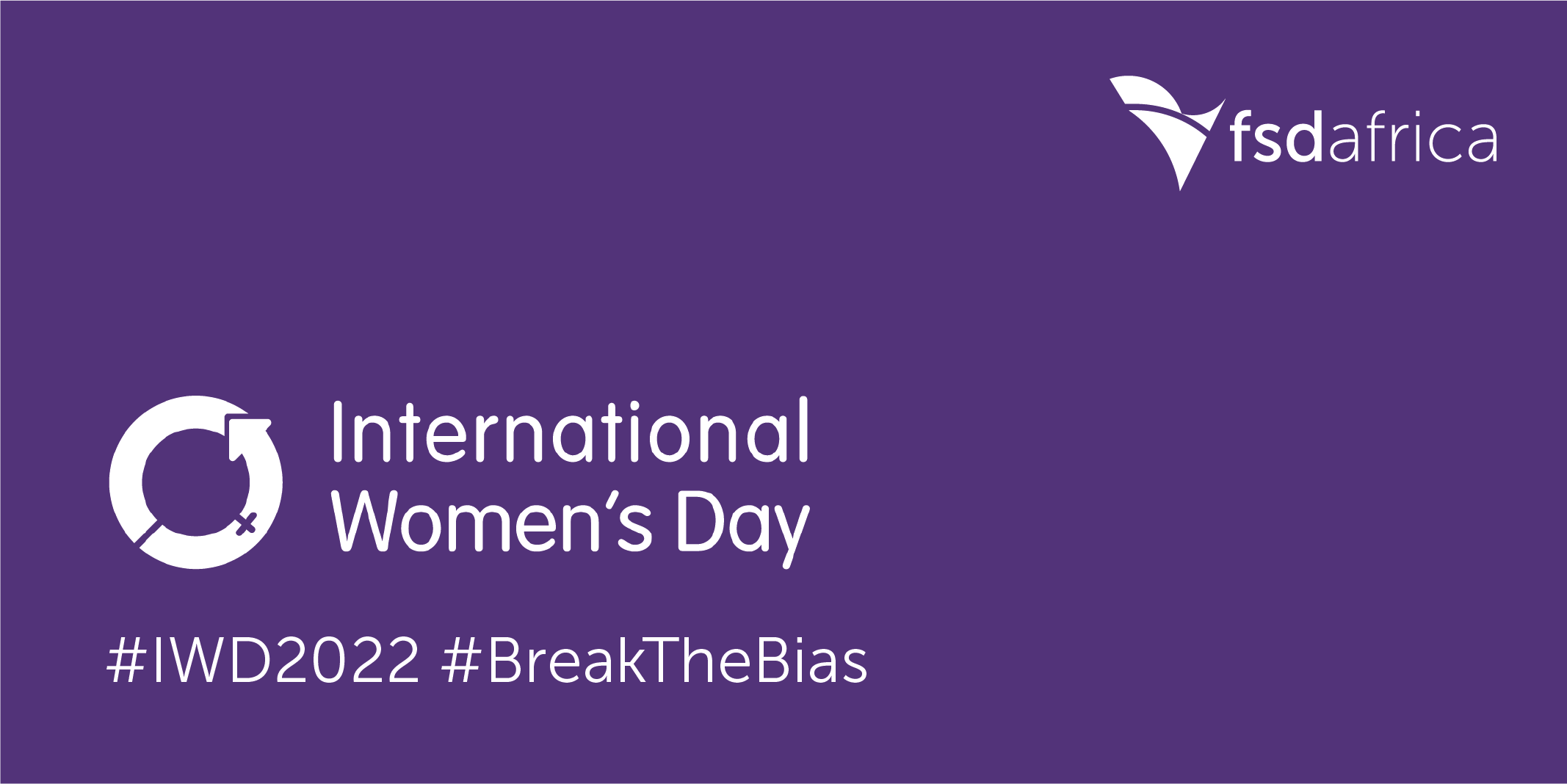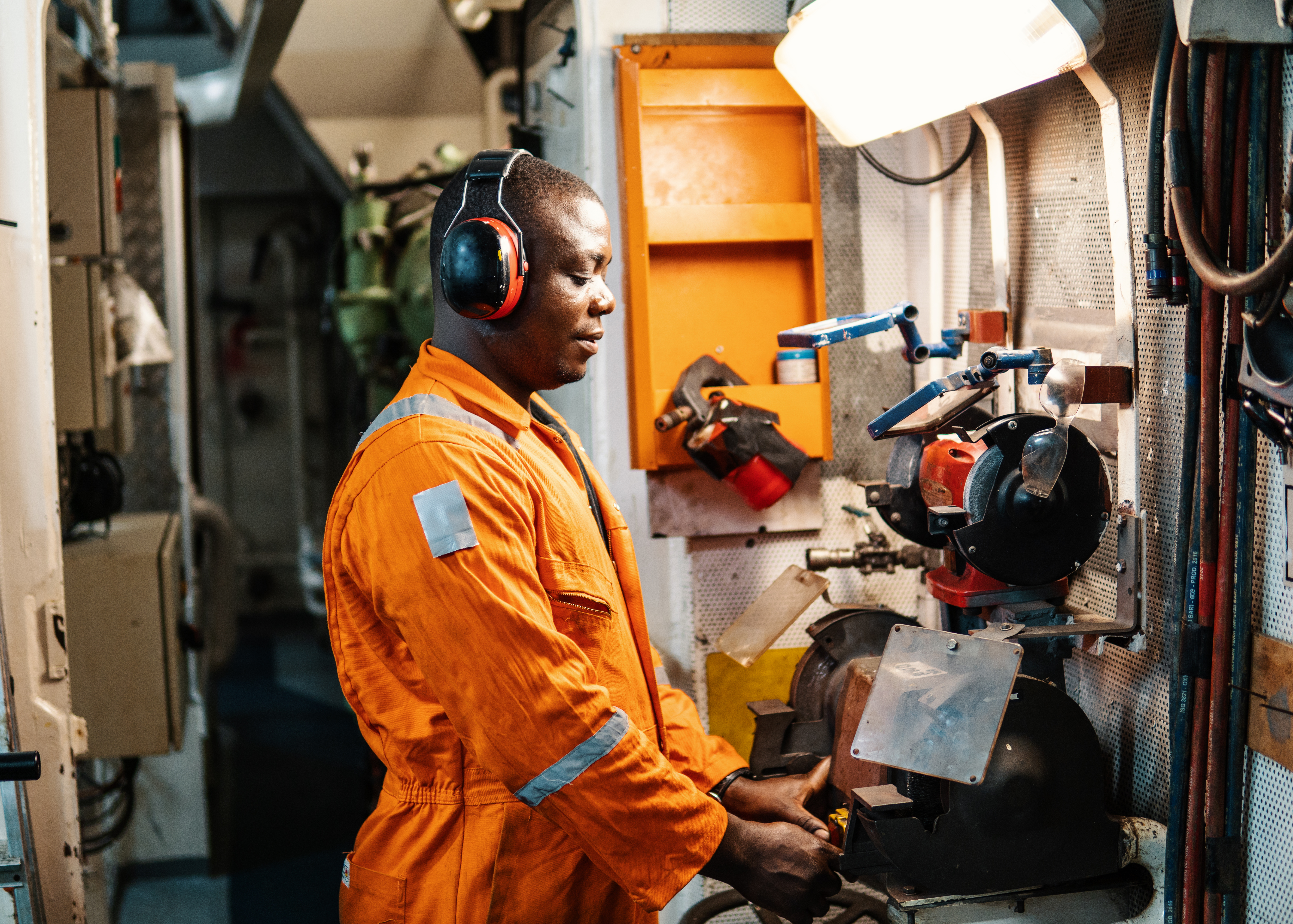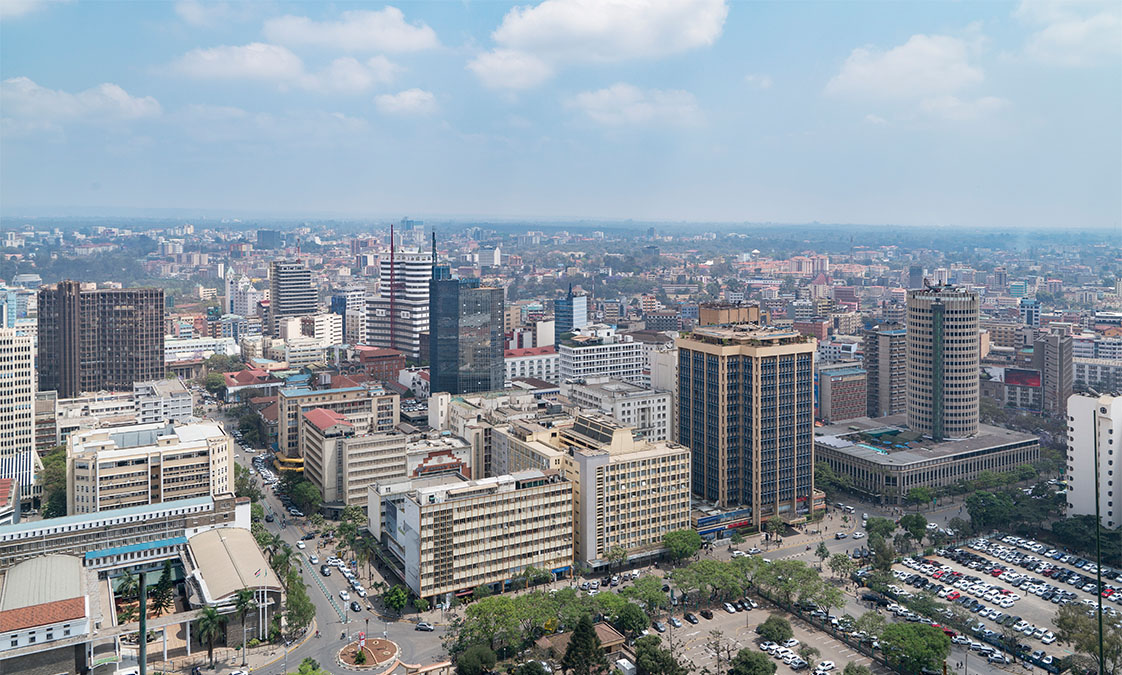Worldwide, women’s access to finance is disproportionately low. Despite substantial overall progress—in 2017, the World Bank reported, 1.2 billion more people had bank accounts than in 2011—there is still a 9% gap between women’s and men’s access. In sub-Saharan Africa, only 37% of women have a bank account, compared with 48% of men, a gap that has only widened over the past several years.
Africa’s gender gap in access to finance can have a dramatic impact on social and economic progress. Women today dominate African agriculture, the continent’s most important sector. When women farmers lack access to financial services, their ability to invest in modern technologies to raise their productivity is limited. They cannot diversify their farms. They cannot grow high-value crops and invest in assets such as livestock. And they cannot invest in better nutrition for their children.
Sub-Saharan Africa is the only region in the world where more women than men become entrepreneurs. But when it comes to tal, the situation looks less rosy. There is an estimated USD 42 billion financing gap for women in Africa today[1]. As a result, many female-owned businesses do not actualize their potential; and many investors miss profitable investment opportunities.
On average, women in Africa own fewer assets than men, often due to discriminations encoded in property laws, and so they lack the collateral necessary to secure larger loans. And women are sometimes required to present more significant collateral for the same size loan, further inhibiting their access to capital.
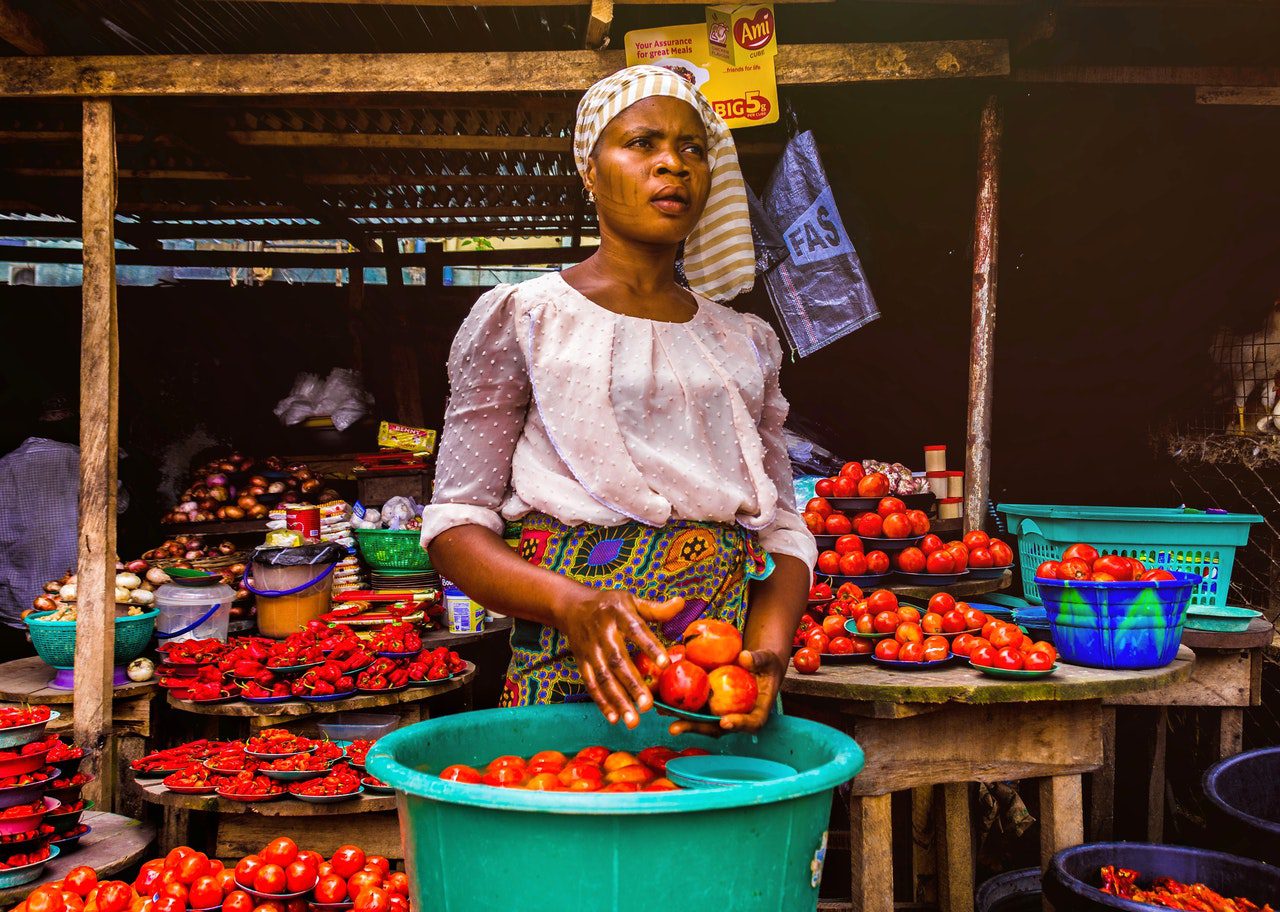
Inclusive Finance
Each year, the world comes together for International Women’s Day to renew the push for gender equality. At FSD Africa, we’re working to make equality a reality in Africa by breaking the economic bias against women, through the power of inclusive finance.
Two strategies are spearheading our mission: gender bonds and gender-lens investing. Both have the potential to make a real impact, by helping to fund women-led businesses and elevating the role of women in the economies of Africa.
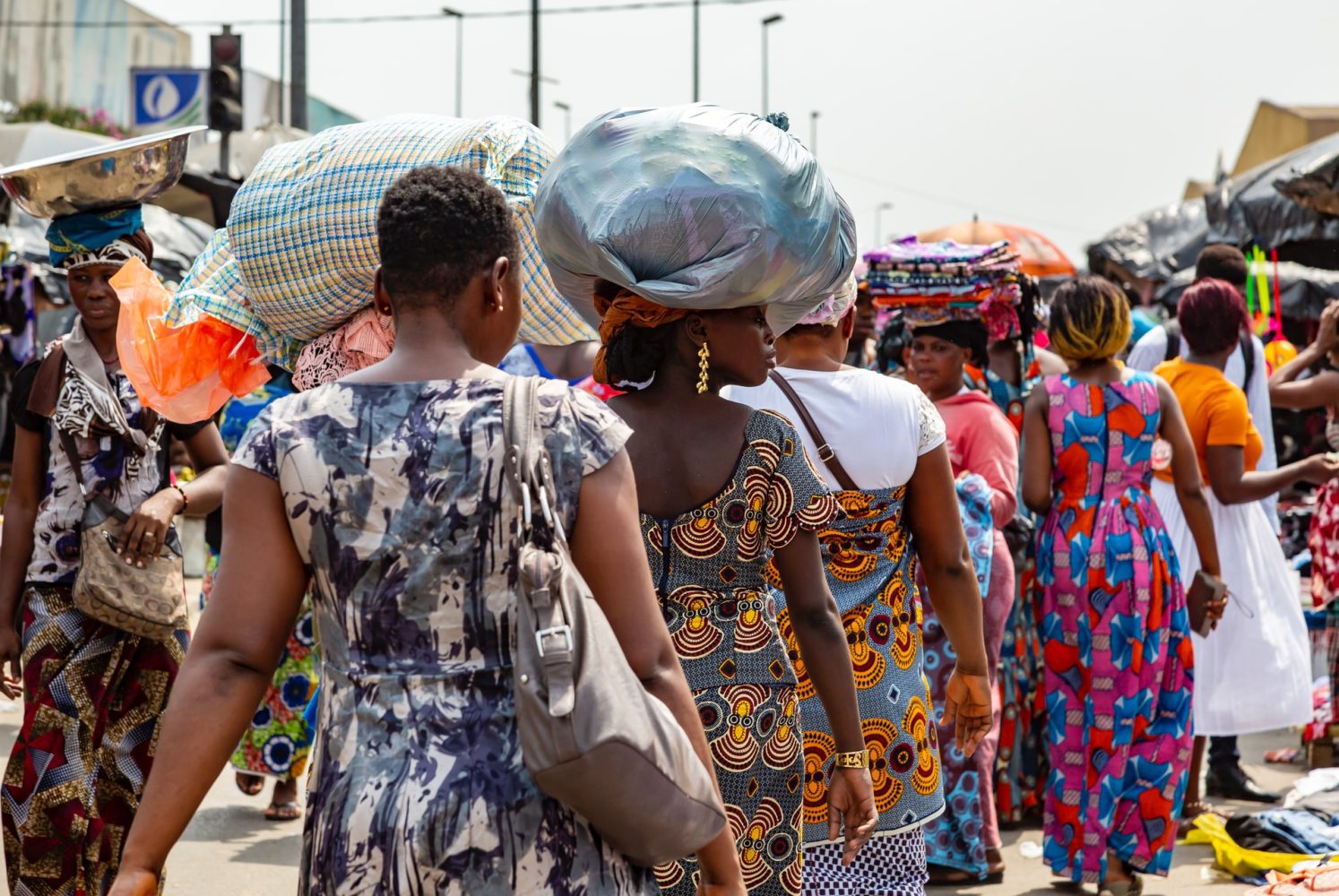
Gender bonds
Gender bonds are an asset class with a specific purpose: to support gender equity and the empowerment of women.
They do this by creating proceeds that are used exclusively to finance women-owned and women-led businesses.
Although 89% of women in sub-Saharan Africa are in the informal sector, their businesses historically struggle to access finance. These businesses were severely impacted by the Covid pandemic.
Gender bonds are a way of addressing this inequality, and with our projects at the forefront, they’re breaking new ground in Africa.
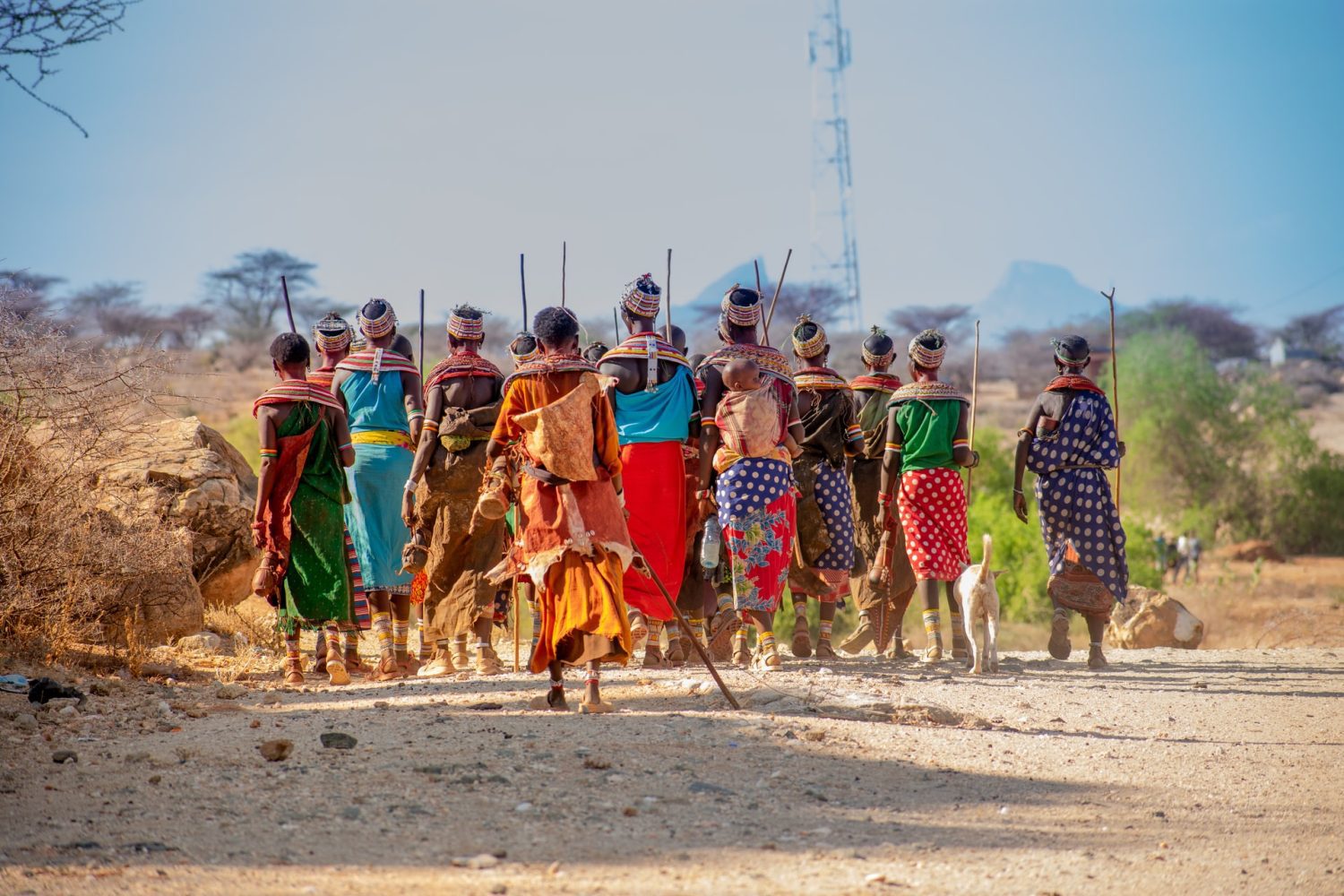
Our projects in Morocco and Tanzania
FSD Africa began by working with UN Women to analyse the global market for gender bonds and assess how corporate gender bonds in sub-Saharan Africa could help to empower women.
Following this research, we partnered with Morocco’s capital market regulator to publish guidelines on issuing gender bonds – the first development of its kind in North Africa.
Later that year, we supported the issuance of North Africa’s first gender bond: the Banque Centrale Populaire Gender Bond in Morocco. Approximately USD 21 million was raised by way of private placement.
We also helped to develop the Jasiri Gender Bond Framework in Tanzania and provided support for the second party opinion. This led, in February 2022, to the issuance of NMB Bank’s Jasiri Bond: the first gender bond in East Africa. The offer closes on 21st March 2022 and NMB aims to raise approximately USD 17.2 Million.
<i”alignnone size-full wp-image-6055″ src=”https://fsdafrica.org/wp-content/uploads/2022/02/calin-stan-7a_PHX91su8-unsplash.jpg” alt=”” width=”640″ height=”402″ />
Gender-lens investing
Gender-lens investing is a term for investment strategies that are built around empowering women – while also aiming to generate return for investors.
Our investment arm, FSD Africa Investments, is focusing on gender-lens investing as a way of supporting our work towards equality.
They’re doing this in three ways: by applying a gender lens across their investments; by boosting gender diversity within FSD Africa Investments itself; and, by providing capital to existing investments that promote the role of women.
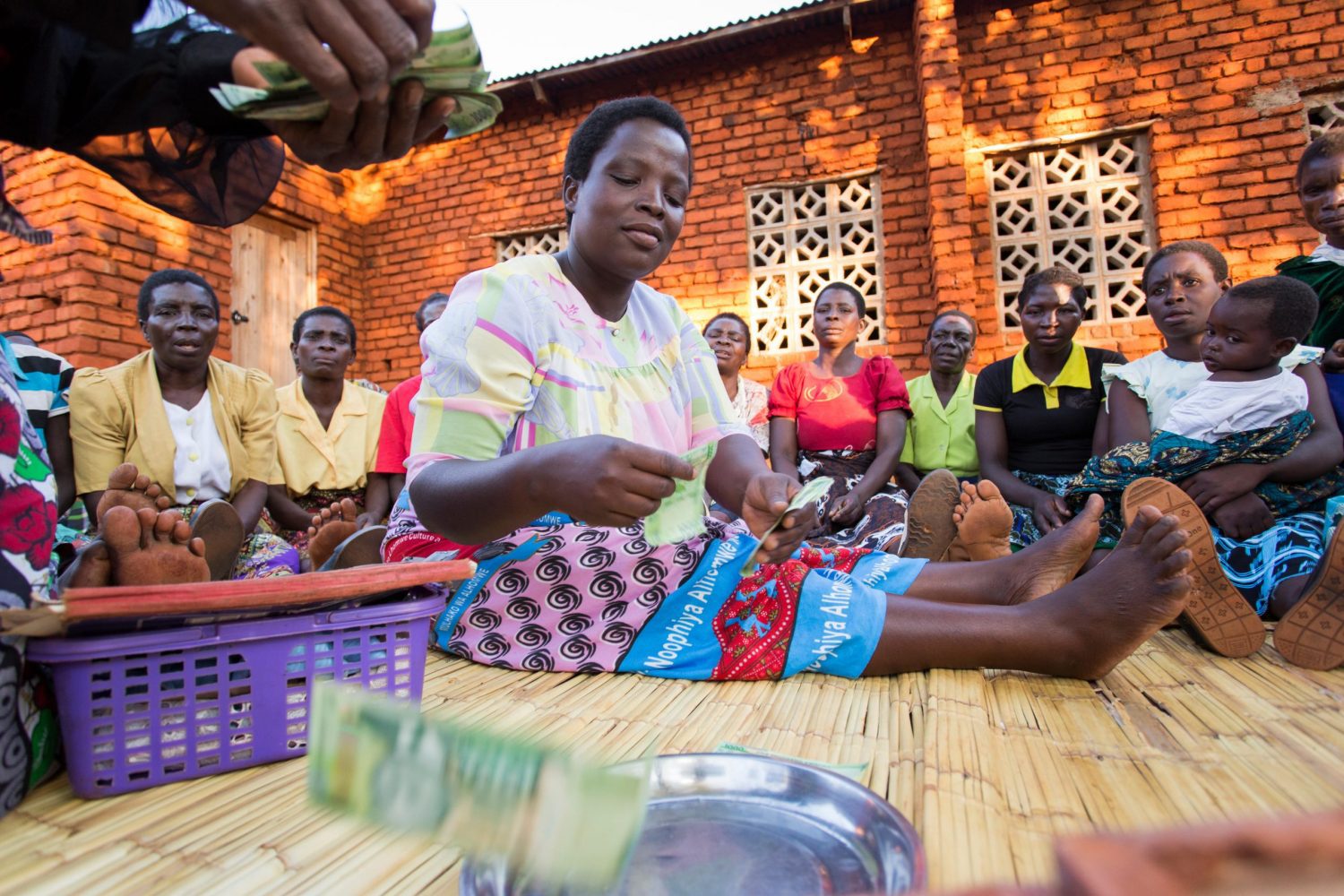
Bridging the financing gap
One route through which we aim to provide gender-lens capital is by directly investing in funds.
We will soon be announcing a partnership with a financing facility to support the growth of small, women-led businesses by providing funds and capacity-building to local capital providers. These providers, rooted in the local market, are best placed to serve the needs of small and growing businesses.
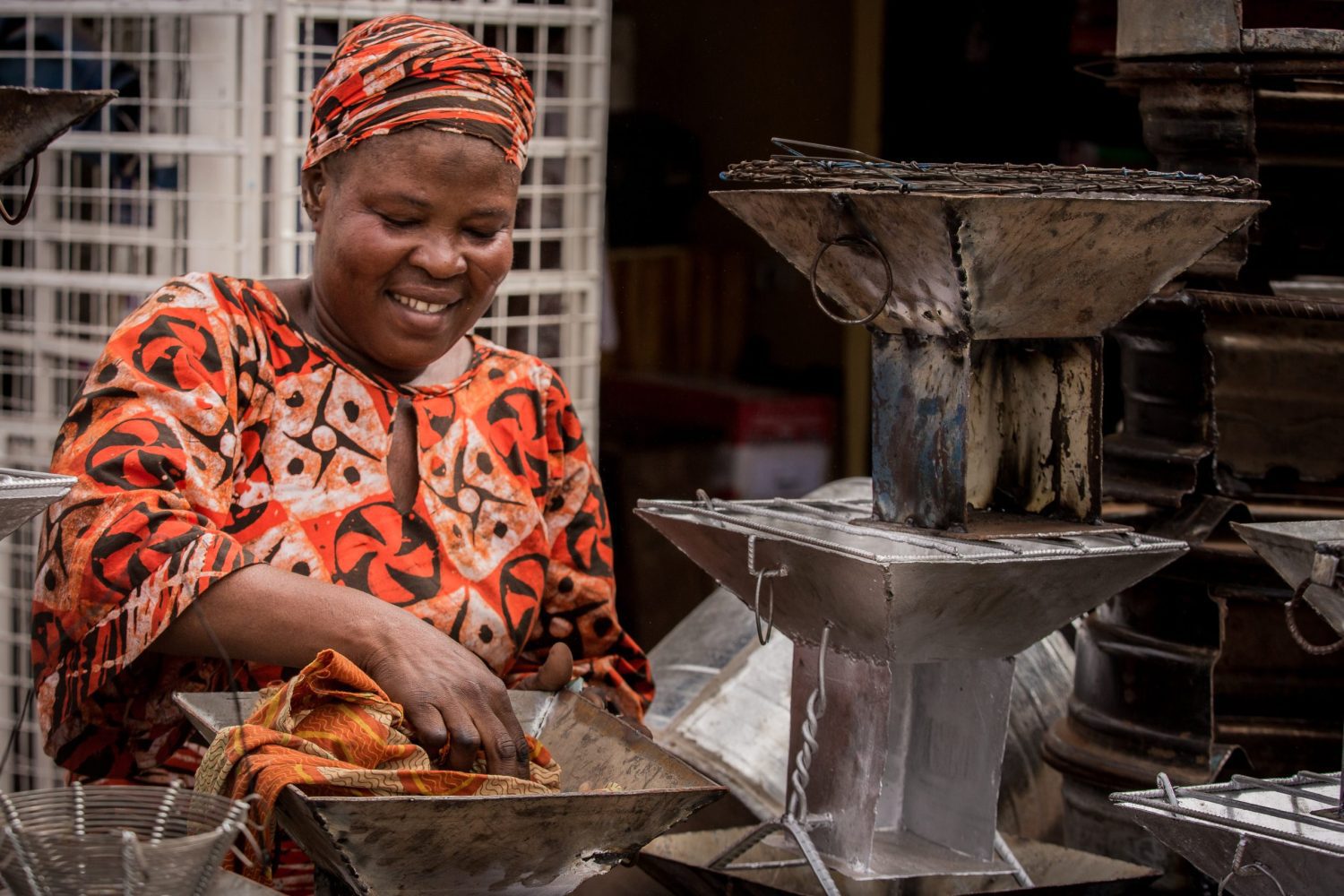
Creating real impact for women
We’re closely monitoring the impact of our gender bonds and gender-lens investing programmes as they progress. This will help us to grow and evolve our approach, to make sure we achieve real impact for women across Africa.
As we move forward, we’re more committed than ever to breaking the bias and making gender equality a reality.
To find out more about our work, get in touch: mary@fsdafrica.org
[1] AfDB
